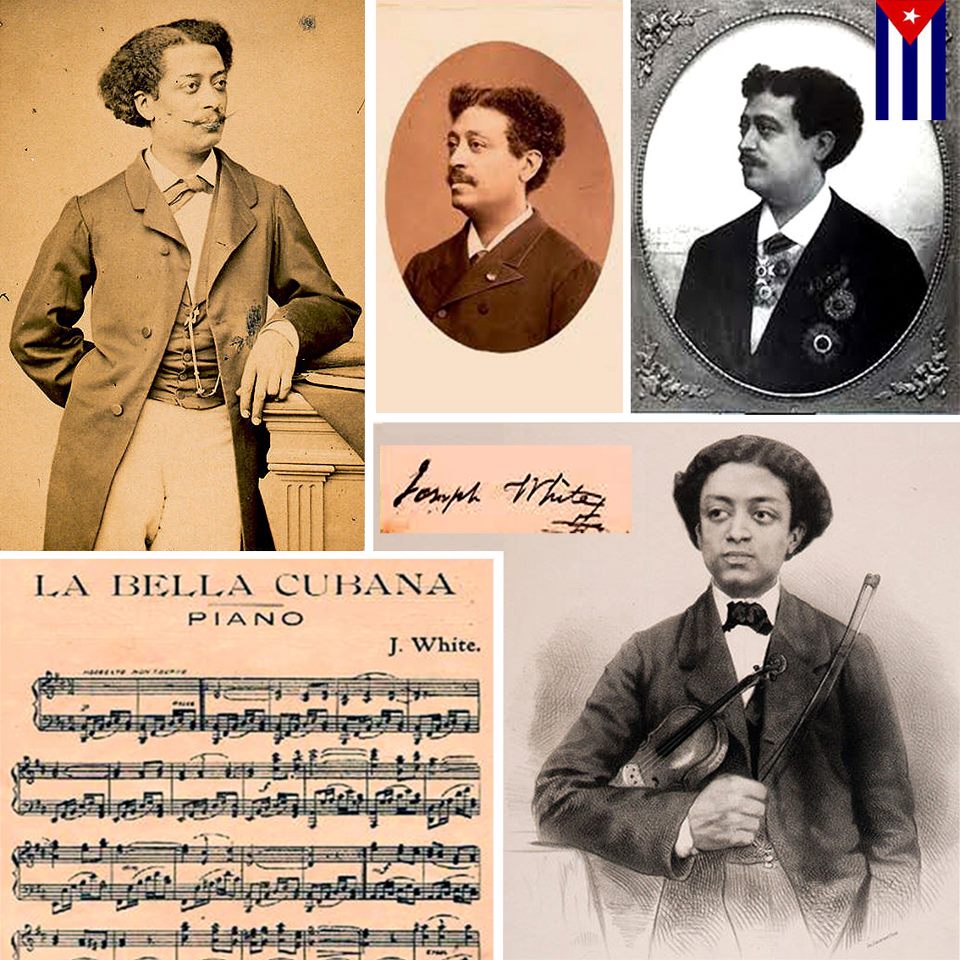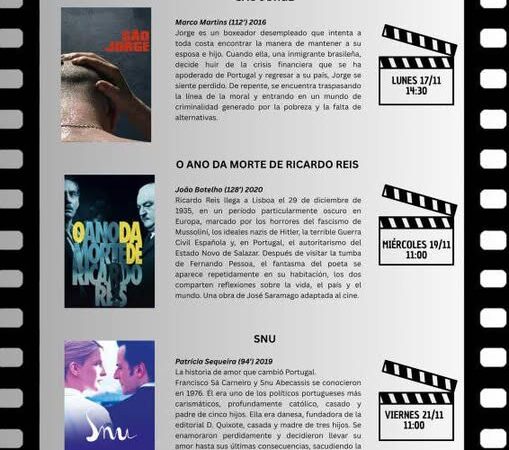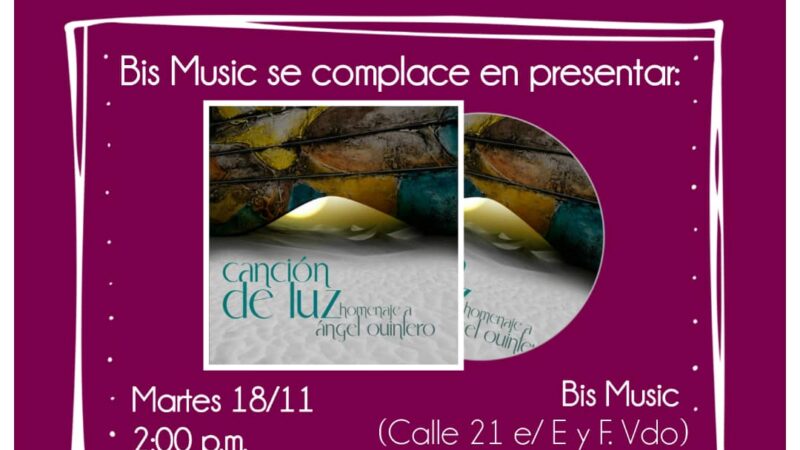José White as Seen by José Martí

The outstanding musical journey of José Silvestre de los Dolores White Laffita left behind a remarkable body of work that reflects the rich cultural heritage of his homeland. His extraordinary career also gave rise to the impressions of his contemporaries—insightful commentaries on his artistry, technical prowess, and the Cuban violinist’s ability to master some of the most demanding classical compositions.
Among the many chronicles written about him are those by José Martí, who captured his impressions in three essays published in La Revista Universal of Mexico on May 25, June 1, and June 12 of 1875. Martí also mentioned White in two additional pieces dated May 21 and June 4 of the same year.
In the first of these writings, José Martí reflects on the transcendental nature of music, describing it as an ethereal expression that elevates the soul beyond the earthly realm—a state he calls «man escaping from himself»:
“(…) it is the yearning for the infinite, born from the finite and the narrow; it is the necessary harmony, the foretelling of a constant and coming harmony.”
José Martí’s meditations on the spiritual power of music—sparked by White’s performance—culminate in a reverent homage to his strength of character and singular talent. As a journalist, Martí openly concedes that such artistry defies the constraints of conventional reporting:
“Oh, Chronicle! There is no critique for poets, nor chronicle for what stirs our very being.
White does not merely play—he captivates: the notes glide across his strings, they sigh, they flow, they weep. They sound one after another like falling pearls.
At times a prolonged sigh invites one to close their eyes and simply listen; at others, a fierce lament awakens the dulled ear. In Carnival of Venice, the notes no longer weep or glide—they splash, leap, erupt. They command both will and admiration.
There is no harsh noise, no jarring tone: within his performance, all the secrets of sound are harmoniously understood and daringly juxtaposed. Every subtlety of the delicate, every grandeur of the forceful. Gentle murmurs of soft notes elicit unanimous bravos from a spellbound audience.”
José Martí returns to the transcendent, timeless quality of music he had alluded to earlier, describing how White’s performance conjures fleeting yet unforgettable moments in which the soul encounters itself. This spiritual revelation—this awakening of dormant joy—allows Martí to offer praise that rises above empty flattery or momentary acclaim. As he writes:
“Every form of praise—White deserves it. Every facet of art—White possesses it. Every spark of burning inspiration that can live within a man lives in those captivating strings: sometimes powerful as rage, sometimes tender as a love song.
Stirred sighs—how often this is what White’s exquisite notes become.”
Describing the concert as an evening of joy and elation, José Martí expresses heartfelt gratitude and a deep sense of kinship with the composer, whose genius he claims as a source of national pride. He writes of White:
“(…) in his genius lies all the poetry of that perpetually enamored land; all the fire of that blazing sun; all the tenderness of those divided souls who lovingly return to seek among the palms the spirits they once cherished on this earth.
In him, I honor the fervent inspiration, the tenderness, and the richness of my beloved Cuban land. His genius comes from the soul, and the soul from the fire that ignited and warmed it.”
In his chronicle of June 1, José Martí, recalling White’s second concert, writes that upon hearing his music:
“(…) all sorrow is forgotten, all pain eased, all love dreamed anew. For an instant, we truly live—within that limitless space long sensed in our bitterness, longed for when our hearts are weary with desire and impurity, and awaited at the blissful end of duty-bound life, when the final merciful hour falls upon our eyes—before they have seen all they dreamed, before the hand has touched all it wished, before memory finds cause to forgive its noble discontent with life.”
Thus, framed as a portrait of man grappling with the trials of art, José Martí’s writings leave us with a vivid image: one in which the music of José White elevates and transforms those privileged to hear it.
Translated by Luis E. Amador Dominguez
Photo: Cuba en la memoria



